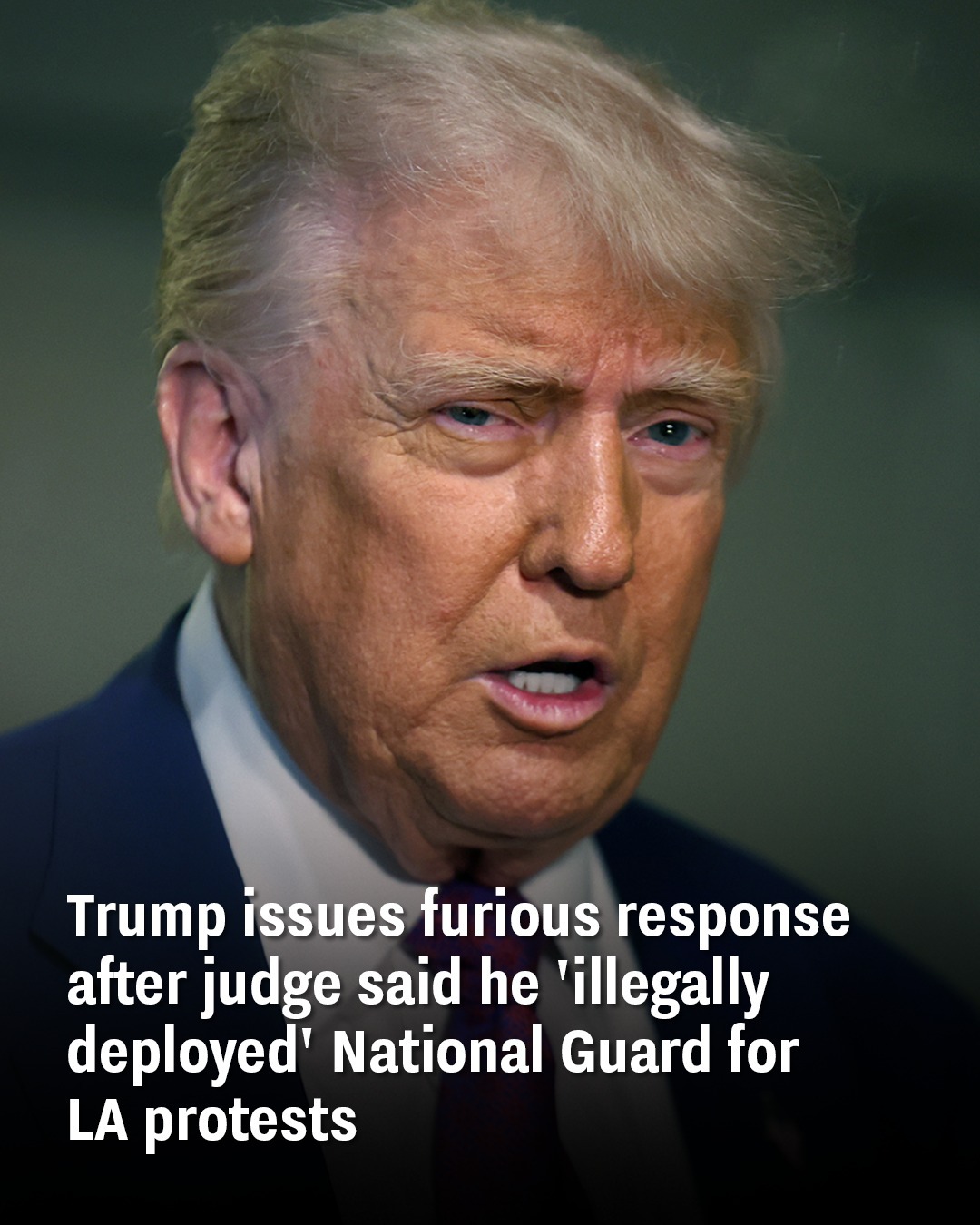Trump responded swiftly on his social media platform, Truth Social, calling the ruling “a political attack” and defending his decision as necessary to maintain public order. “I acted to protect American cities when others refused,” he posted, also accusing the current administration of creating conditions that allowed protests to escalate.
He later posted a video highlighting ICE officers in tense confrontations with demonstrators, labeling them “heroes” and suggesting the deployment had prevented greater unrest.
Governor Newsom responded at a press briefing, calling the move “unlawful and unnecessary.” He added, “California did not request federal intervention. What we asked for was leadership, not escalation.”
The ruling is being hailed by legal scholars as a significant reaffirmation of the limits of federal authority. “This decision reinforces the constitutional balance between state and federal powers,” said Marla Estevez, a professor at Stanford Law School. “It sends a clear message that the use of military force within U.S. borders is not a tool for unilateral federal action.”
The case arrives at a politically charged moment, with Trump navigating multiple legal challenges while signaling a return to campaign mode. His renewed focus on border security and public safety—core themes of his previous campaigns—may face greater scrutiny in the wake of this ruling.
Critics argue the deployment was more performative than practical. Some California lawmakers are considering formal actions in response to what they see as an attempt to bypass state authority. Supporters, however, continue to back Trump’s stance, praising him for taking “decisive action” amid unrest.
While the protests have largely calmed following dialogue between immigration officials and community leaders, the broader political debate continues to build.
In a final post, Trump wrote, “I stand by my actions. When leadership is lacking, someone must step up.”
As the legal and political fallout unfolds, the situation highlights ongoing tensions between state sovereignty and federal authority—especially when it comes to public safety, immigration, and civil protest.

